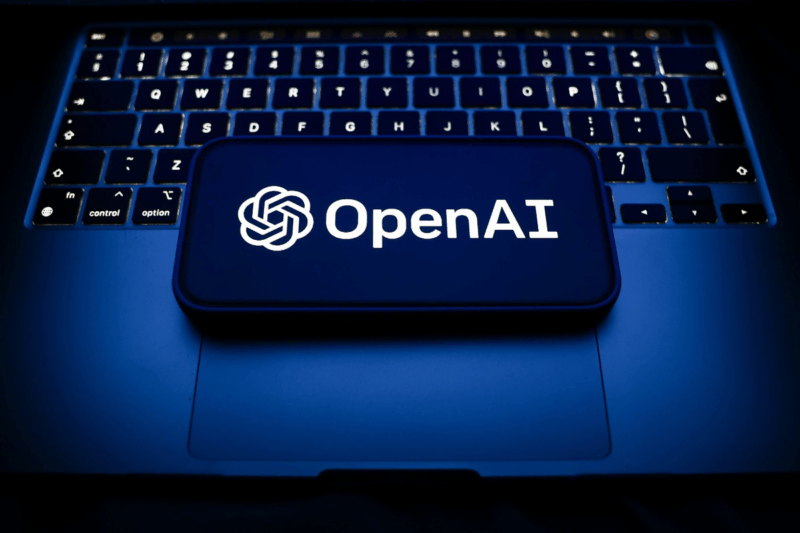OpenAI has projected that around 220 million weekly ChatGPT users will pay for a subscription by 2030, according to The Information.
That would place the chatbot among the largest subscription services in the world, rivalling giants like Netflix and Spotify.
Currently, about 35 million users, or roughly 5% of ChatGPT’s weekly active base, subscribe to the Plus and Pro plans at $20 and $200 per month. “By 2030, we expect 8.5% of an estimated 2.6 billion weekly users to pay for ChatGPT,” sources told The Information, noting the fast growth from fewer than 10 million paid users in early 2024.
However, OpenAI is currently facing financial challenges. The company’s revenue for the first half of 2025 reached $4.3 billion, a 16% increase over last year, but it also recorded losses of $2.5 billion, largely due to heavy research and development and the high computing costs of running ChatGPT.
By year-end, OpenAI’s annualised revenue run rate is expected to hit around $20 billion.
The company is looking to reduce dependency on subscriptions alone. OpenAI plans for roughly 20% of future revenue to come from new products, including shopping assistants within ChatGPT and ad-driven features that could introduce commission-based monetisation.
Analysts note that while this approach is similar to the models of Google and Amazon, the company must scale through high operational costs and competition from companies like Anthropic, Google, and Microsoft.
Per reports, there are warnings that the subscription model carries risks. “Mounting losses and high compute costs mean OpenAI must diversify revenue streams beyond subscriptions,” analysts say, noting potential bubble concerns in the AI sector.
Retaining users while expanding into commerce and advertising will be critical to sustaining growth over the next decade.
OpenAI has not publicly responded to requests for comment.











